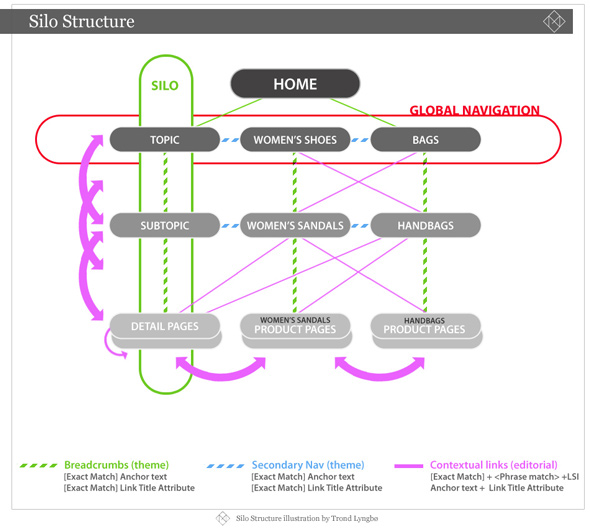It’s only been a couple years since what we use to know as the number sign (#), has taken on a whole new meaning and changed the social media world altogether; the frenemy of people all over the internet. As much as critics love to hate this little helper, the hashtag brings a network of people to one’s post once added into any sentence. It gets immediate results, whether bad or good depends on how you use it.
For many users and the many brands that are now on Twitter, too many hashtags can mean an immediate defriend or “ignore” in their newsfeed, the exact opposite of what hashtags aim to do. When used properly they can be very useful, as research shows any tweet with a hashtag in it has a 55% higher chance of being retweeted.
The three main rules of using hashtags properly are:
- Research: Make sure to check search.twitter.com before choosing a hashtag. This way you can see if it has been used before and make a decision for a hashtag that works best for your purpose.
- Length: If you want to be retweeted, keep in mind that with a limit of 140 characters it’s best not to use more than 10 for your #. Keep some space for retweeters to add in a few characters of their own.
- Relevancy: Make sure that the hashtag you use leads users back to your brand, promotion and/or contest. This is a way to raise awareness for whatever you’re posting. Keep that in mind and make sure people can relate the hashtag with or without context.
Keep in mind that hashtags are the newest and shiniest marketing tool for online buzz marketing, but not all that glitters is gold. When used improperly the brand/user quickly becomes the butt of the joke. Jimmy Fallon and Justin Timberlake mocked the use of too many hashtags in the following video.
Always check the 3 rules, remember your post purpose and never get too hashtag happy. With this in mind you’ll soon be on your way to #hashtag success.




3 comments